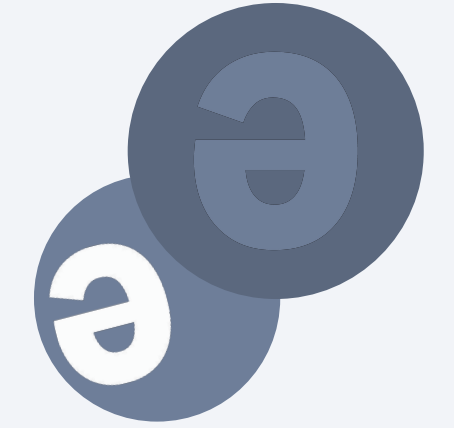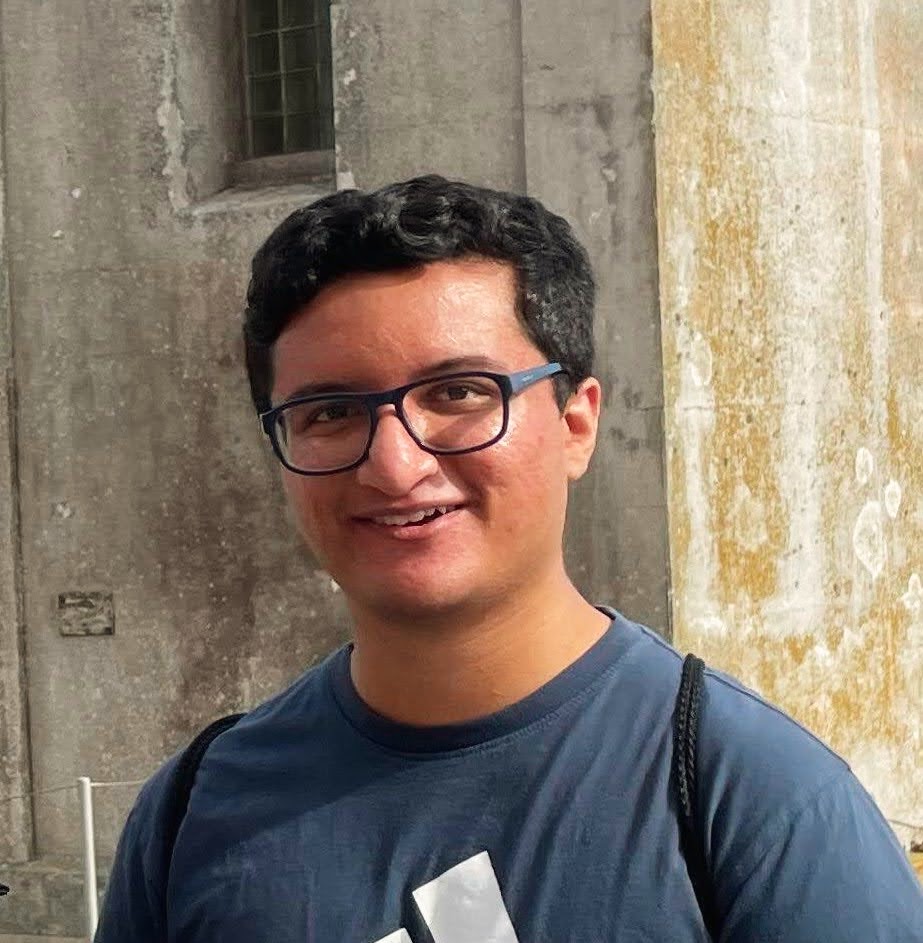computational
linguistics
Exploring the field of computational linguistics, theschwa leads the way into a more inclusive, diverse, equitable, and accessible world.
Whether you’re a researcher, linguistics expert, language enthusiast, or programmer, join us on this journey as we explore the depths of language technologies and shape the future.




